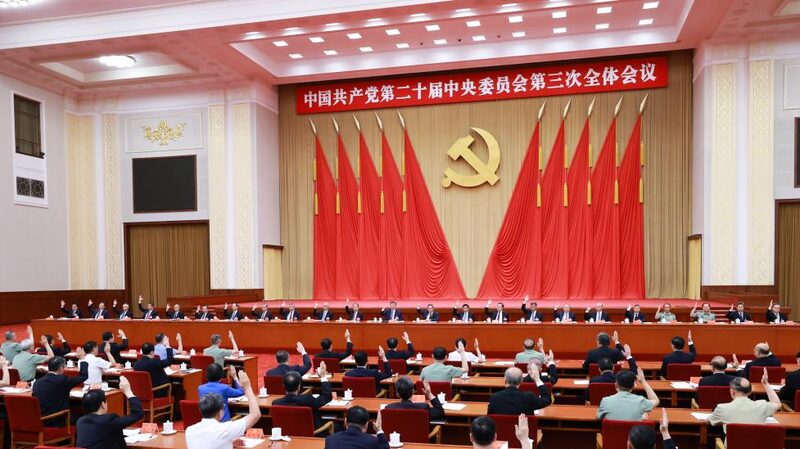The recent plenary session of the 20th Central Committee of the Communist Party of the Chinese mainland has captured the world's attention. Supporters view it as a continuation of China's stable and consistent development, while critics struggle to find signs of internal instability. Ultimately, the session reinforced the political, economic, and social direction set two years prior.
Economic growth and social harmony are pivotal for achieving modernization. The session emphasized completing the current phase of socialist modernization by 2035, building a high-standard socialist market economy, and enhancing governance capabilities.
As the world's second-largest economy, the Chinese mainland plays a critical role in global economic development. With total imports and exports nearing $6 trillion, it is the top trading partner for over 120 nations. China accounts for over half of all new electric cars sold globally and produces more than 80% of photovoltaic module equipment.
China's significant presence in crucial markets—from cement and crude steel to electronics and rare earth elements—underscores its decisive impact. Discussions on global energy security, food security, climate change, and technological management cannot be complete without involving China.
Advocating for open and free global trade, the Chinese mainland stood against protectionism at the 2017 World Economic Forum in Davos. Moreover, it leads the transition to a sustainable economy, supporting other nations in their own sustainability efforts.
Reference(s):
No nation is an island: How China's development impacts the world
cgtn.com




